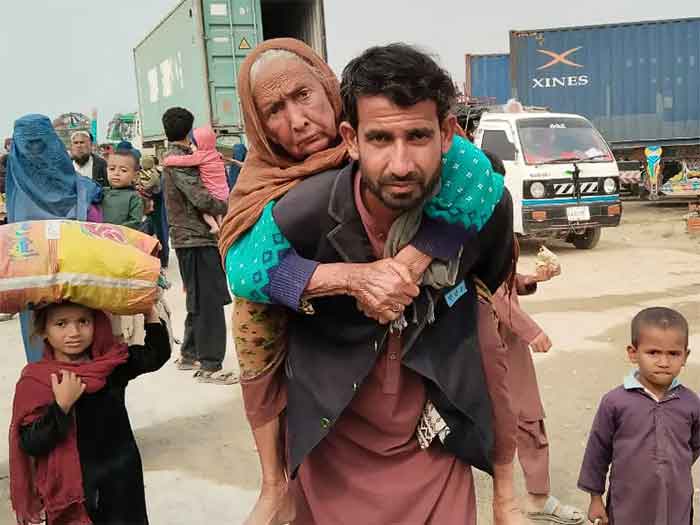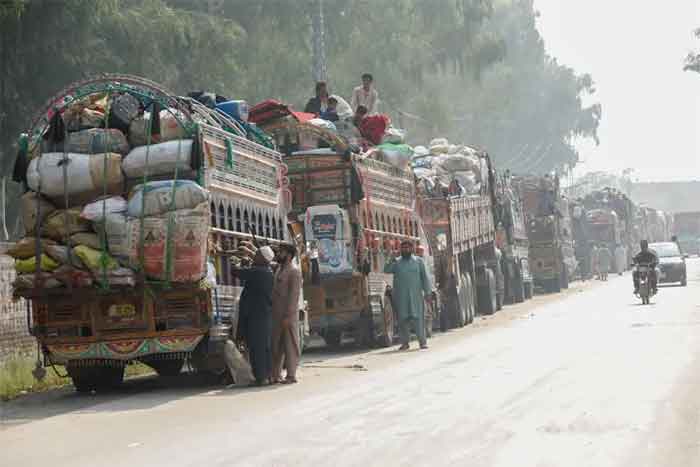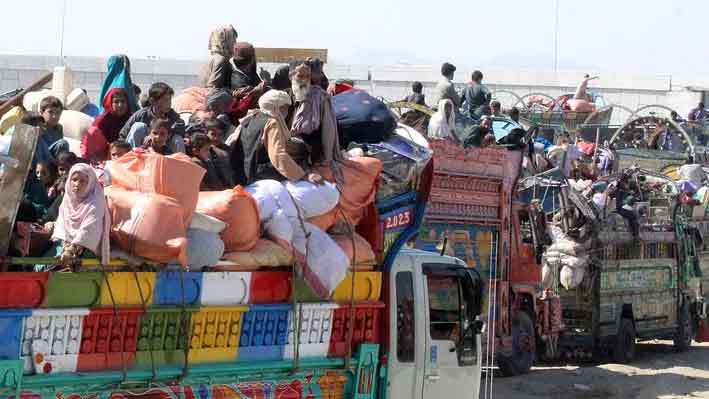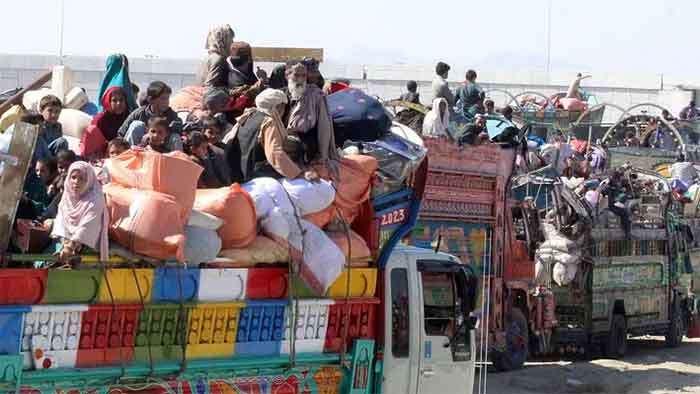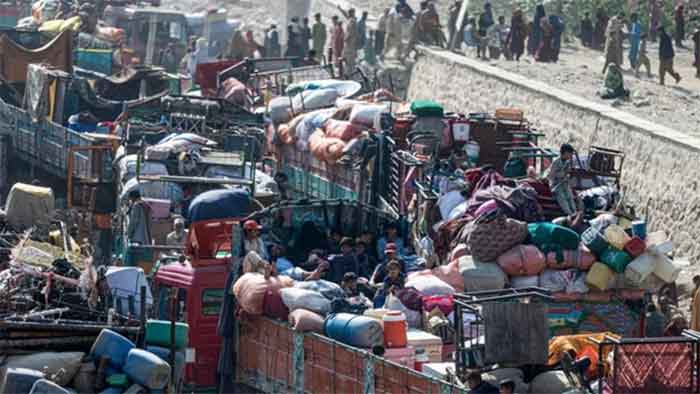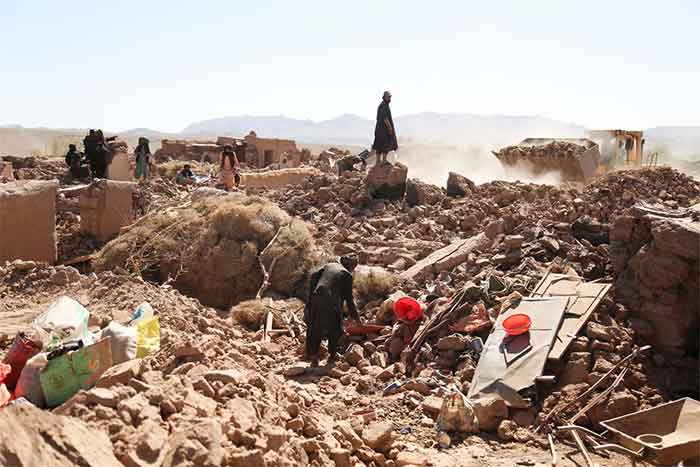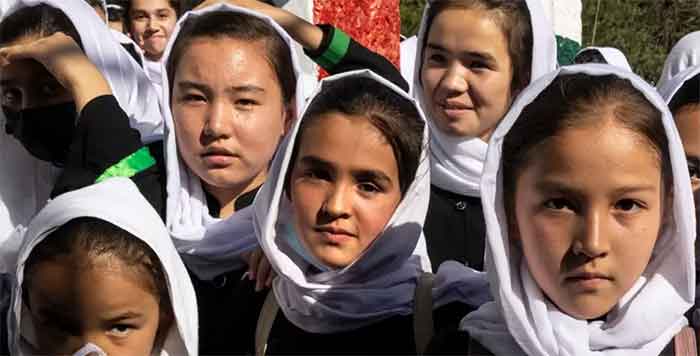
The government of India shut down the consulate in Mazar-i-Sharif, the biggest city in the north of Afghanistan, considering a threat to the embassy staff from the Taliban which took over the reins of the government on 15 August, 2021. It is a fact that there is a perception among the international community including Indians that the Taliban would commit killings, murders of non-Afghans but the Taliban leaders assure the world that they are changed now and want to revive relations with all the countries including India. After the departure of the American forces from the soil of Afghanistan, the Indian Government has been silent to revive ties with the Taliban in comparison to China despite repeated requests by Suhail Shaheen, head of the Taliban’s political office except sending wheat through Pakistan for displaced, malnourished and poverty-stricken Afghans . In an exclusive interview with the Print (Nayanima Basu 23 May, 2022), “the Taliban leader said that India should seek to have deeper ties with the people of Afghanistan and should reopen its embassy in Kabul. He said that the Taliban was committed to providing full security to the Indian diplomats.”
Despite assurances from the Taliban top leadership for provision of security to the Indian consulates and people, what is stopping the Indian government to re-establish ties with Afghanistan? What is the harm in opening up the Indian consulate in Kabul and Mazr-i-Sharif. When China is operating its consulates. All these questions create doubts in the minds of the people of India and Afghanistan on India foreign policy. The Indian diplomats must seek answers to these questions and ponder over seriously to re-establish ties with the Taliban government before the situation runs out of hand. The Indian government has had no political engagement with the top leadership of the Taliban since the departure of American forces; there is no exchange of high-level political visits between the two countries whereas China is engaging and inviting Taliban leaders to China and vice-versa. According to Gen. Frank Mckenzie, the commander of U.S. Central Command (CENTCOM), “Afghanistan is clearly a place of interest for China.” In July 2021, a delegation led by Abdul Ghani Baradar who heads the Taliban’s political office in Doha met with Chinese foreign Minister Wang Yi and other officials in Tianjin. China`s Belt and Road Initiatives (BRI) project in Afghanistan is going to reap dividends for China in the coming future. Chinese companies and Chinese technocrats are migrating to Afghanistan. Media reports confirm that Chinese are settling and marrying Afghan girls after the departure of American forces. The people to people engagement would further strengthen social and cultural ties between China- Afghanistan. A warning, the more the space Indian diplomats leave for maneuvering by China in Afghanistan, the more it would be difficult for India to handle the situation favorably.
Similarly, India`s political relations with Iran are not that cordial as it happened before former US President Donald Trump. India stopped importing oil from Iran under the pressure of the United States of America. Foreign Minister Hossein Amir- Abdollahian, who was to have visited Delhi in February 2022 on his maiden official visit, has since postponed his trip. The visit was expected to focus majorly on Afghanistan and connectivity. There is no active engagement further by the Indian diplomats till date to invite Iran`s foreign minister and discuss bilateral issues particularly in concern with the connectivity as a result there is a huge adverse impact on India`s trade through Iran`s Chabahar port. If Indian diplomats remain non-engaged in Afghanistan it will not be able to reduce Afghanistan’s reliance on Pakistan and China.
Implications
According to various media reports, India has invested more than $3 billion on various social projects in Afghanistan. Speaking at the Afghanistan Conference in Geneva in November 2020, Indian External Affairs Minister S Jaishankar said “no part of Afghanistan today is untouched by the 400-plus projects that India has undertaken in all 34 of Afghanistan’s provinces”. After the departure of American forces, this huge investment by India in rebuilding Afghanistan is rotting. Indian diplomats are wasting hard earned money of Indian tax payers in Afghanistan. The roads, hospitals, educational institutions which were financed in Afghanistan by the Indian Government are breaking down. The trust and good will of the Indian Government among the general populace of Afghanistan is exhausting. Another major factor is Pakistan in the region. India- Pakistan relations are deteriorating day by day. The new government under Pakistan Prime Minister Shehbaz Sharif is following the same foreign policy of denouncing India as was followed by former Pakistan Prime Minister Imran Khan. Pakistan`s new Foreign Minister Bilawal Bhutto Zardari visited China and met Chinese counterpart Wang Yi. The minister held discussions on important bilateral issues with his counterpart including revitalizing CPEC (China- Pakistan Economic Corridor) which is being laid through the Pakistan occupied Kashmir (PoK). In the USA, Pakistan’s foreign minister spoke on the Kashmir issue and alleged India for committing human rights violations and engaging in demographic changes. One side China is making inroads into Afghanistan and on the other side, Pakistan is fortifying friendship with China. As of now, in the current scenario, both can be dangerous for the security of India. In South Asia, Sri Lanka has broken economically and would not be able to extend any kind of support to India if there is a war between India- China in Ladakh region. The eco-structure in Nepal is weakening day by day. The Muslims in Bangladesh are against Modi`s communal agenda. In the last few years, India has made more enemies than friends. God knows when will Indian diplomats wake up from their deep slumber?
Dr. Rahul Kumar, Ph.D. in Sociology from Jawaharlal Nehru University, Delhi (India), is an independent researcher. His area of interest encompasses diplomacy, foreign policy and international relations. The views expressed in this article are personal.

